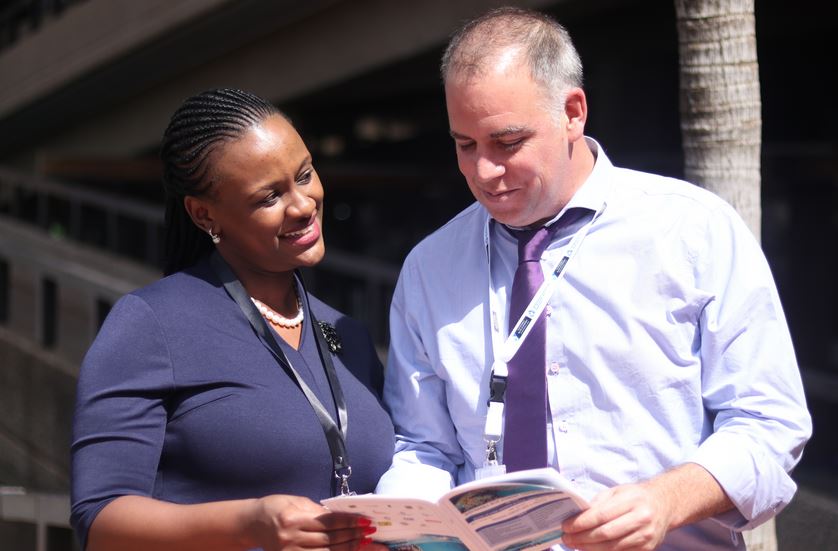×
The Standard e-Paper
Smart Minds Choose Us

NAIROBI, KENYA: Kenya is among few countries in the continent that has taken positive steps towards the management of plastic pollution.
In addition to effecting plastic ban last year, the Government has obliged industry players to self-regulate the management of post-consumer PET bottles in the country. The Kenya PET Recycling Company (PETCO) – a voluntary and independent not-for-profit organization has been established to achieve this objective on behalf of PET bottle packaging sector.